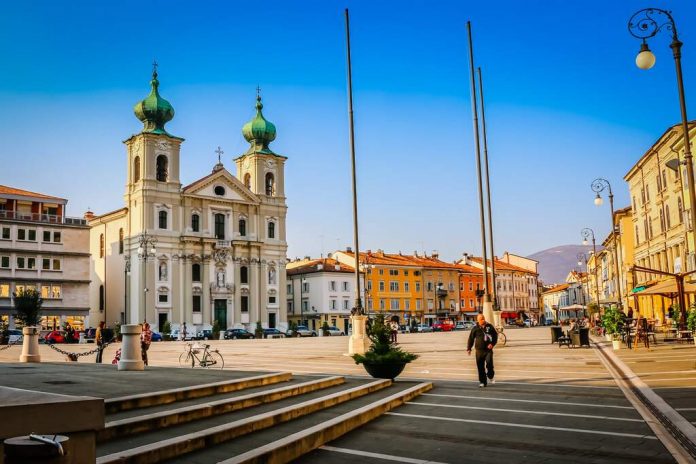by InTrieste
Gorizia has emerged as a leader in ensuring well-being for those under 35, according to the latest quality of life indices from Il Sole 24 Ore, presented at the Trento Festival of Economics. While the city is thriving for its younger residents, it also boasts commendable conditions for children, mirroring a broader trend across Friuli Venezia Giulia. Our region secured top spots with Gorizia in fourth place, Trieste in third, and Udine in fifth.
These rankings are part of the fourth edition of synthetic indices that paint a detailed picture of well-being for Italy’s most vulnerable yet strategically important populations.
Last year, Friuli Venezia Giulia was particularly noted for the well-being of its elderly population. This year’s shifts in rankings are attributed to new indicators, including the conversion of temporary employment contracts to permanent ones and entrepreneurship among those under 35 for the youth index. For the children’s index, factors like the number of education projects funded by the National Recovery and Resilience Plan (PNRR) and the use of municipal childcare services were considered.
Gorizia’s overall strong performance is not tied to a single standout indicator but rather the absence of poor rankings across the board. Meanwhile, Pordenone excels with the availability of sports areas, ranking second, and Trieste shines with a high number of graduates, securing a silver medal in this category. However, Trieste struggles with youth political representation, ranking 107th for municipal administrators under 40.
For younger children, Trieste and Gorizia lead in social spending for families and minors. Yet, Gorizia also faces challenges, notably the lack of school buildings equipped with gyms.
The well-being of the elderly tells a different story. Trieste grapples with a high number of isolated individuals over 65, placing it at the bottom of the rankings. In Pordenone, a shortage of geriatricians is a pressing issue. Nonetheless, the area known as Destra Tagliamento ranks second nationally for its low consumption of antidepressant medications, suggesting a relatively better mental health scenario among its elderly population.
As Gorizia and other cities in Friuli Venezia Giulia continue to perform well in various aspects of life quality, the region exemplifies both the achievements and challenges in fostering well-being across different age groups.





























